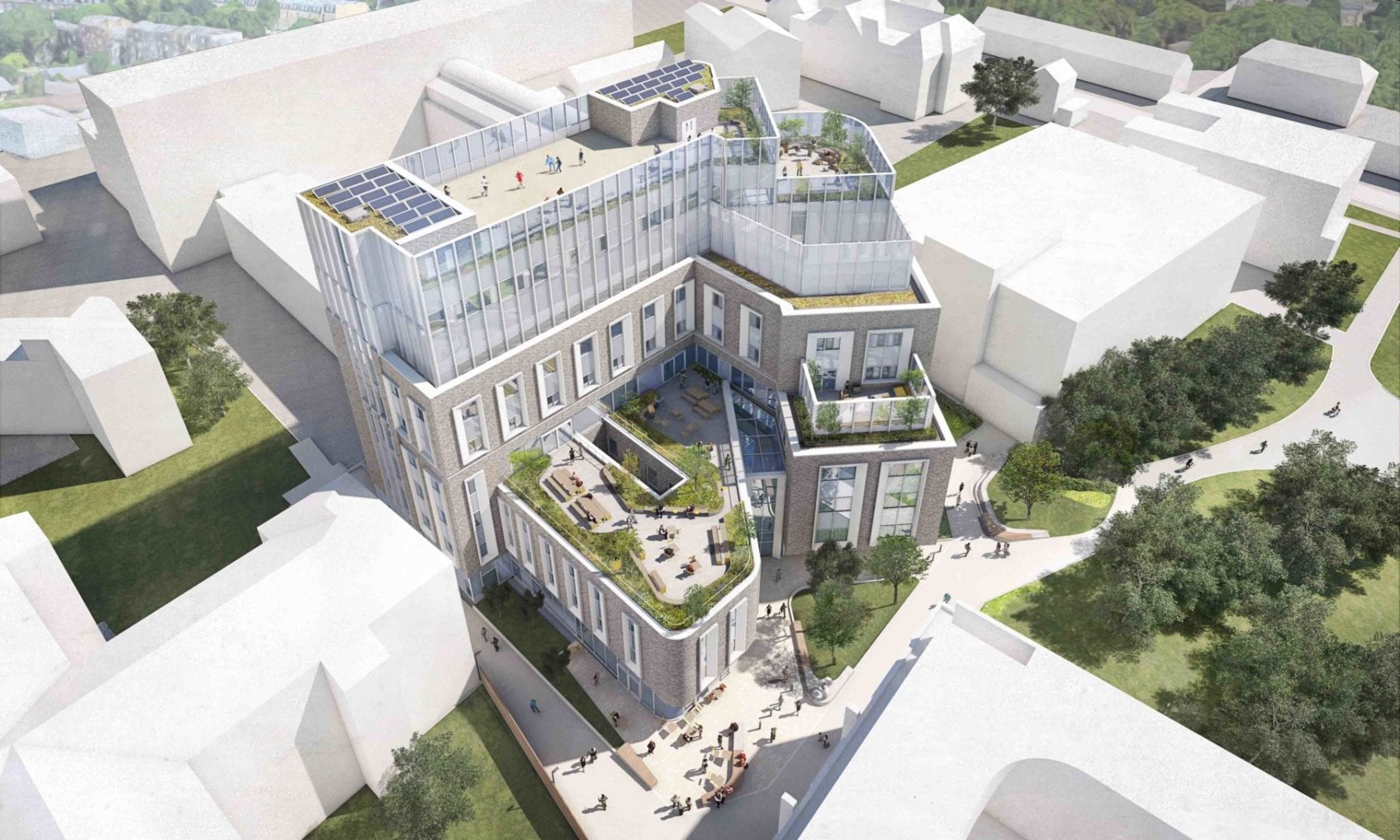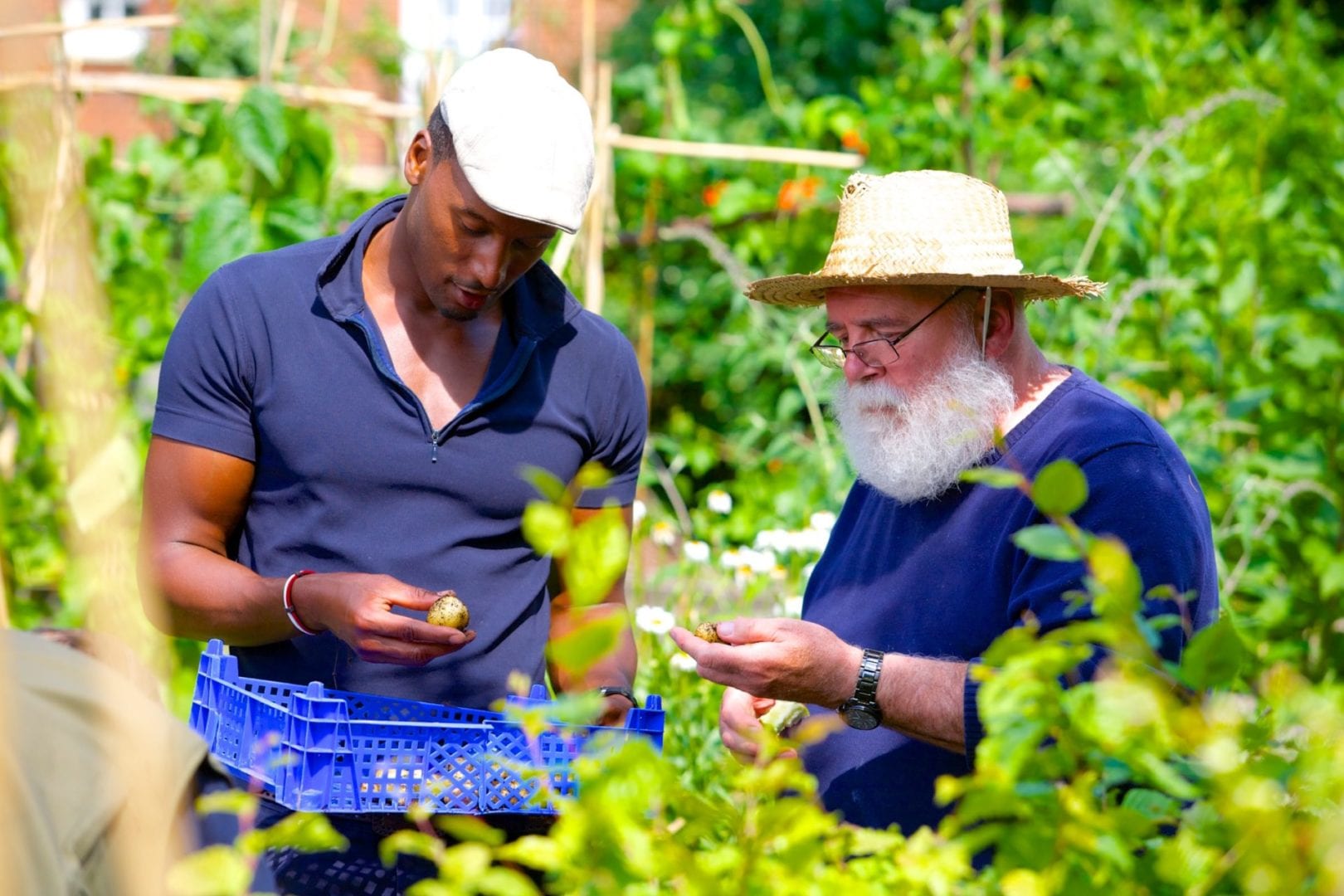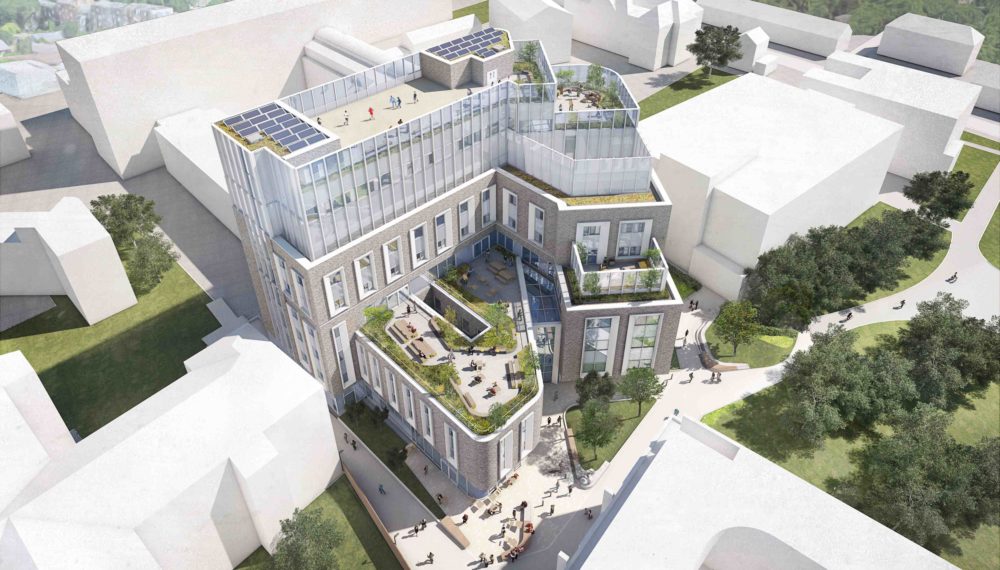
Rebecca Gray
Chief Executive, Maudsley Charity.
Rebecca is chief executive of Maudsley Charity. She is responsible for developing the charity’s strategic aims, leading its involvement in major projects and overseeing grant making and governance.
The lockdowns of the past 14 months have reminded city-dwellers like me of the benefits of access to green spaces and interacting with the natural environment. As the days get warmer I support my own mental health by trying to turn my screen off at a sensible time, and moving three feet from the kitchen table into the little garden I know I am lucky to have.
It’s fitting that nature has been theme of Mental Health Awareness Week, which ends on Sunday the day before (we hope) the latest relaxation of rules on our long journey out of lockdown.
We know that the environments in which people receive care have a major impact on their experience – and potentially the outcome of that care. We have been part of a major project over the last three years to create a t world-class mental health centre for children and young people which will open in 2023.
That knowledge has been central to the design of the centre.
All the partners involved – Maudsley Charity, South London and Maudsley NHS Foundation Trust and King’s College London – were keen that young people influenced the design of the centre.
When IBI, the architects responsible for the design of the Pears Maudsley Centre, spoke to young people who had used NHS mental health services, the theme that came out loud and clear from the work was nature – connect the interior and exterior of the building to nature.

The IBI Group has a long history of incorporating ‘biophilic’ principles into their building design – based on the idea that human beings are naturally drawn to nature.
And the young people they spoke to endorsed that approach during design workshops. They voiced a desire for both being able to see and feel part of nearby green space. This was a challenge on an extremely tight site surrounded by other buildings.
The architects responded with a design incorporating landscaped outdoor terraces with extensive planting on each of the building’s eight floors – capped by a roof terrace. They hope this can provide the calming, relaxing spaces difficult to achieve in the traditional inner-city hospital building. The sense of openness will also provide a sense of on-going connection to the bustle of the outside world.
Research has shown that hospital environments can have an impact on length of stays for people with physical health problems. Given the longer average length of hospital admissions in mental health facilities, that impact is likely to be even greater.
Access to nature can also form part of our wider support for people experiencing mental illness of all ages in the densely-populated boroughs of south London which have large areas of deprivation.
Mental health problems disproportionately affect people from deprived backgrounds. Children from the poorest 20% of UK households are four times more likely to develop serious mental health problems by age 11 than those in the wealthiest 20%.

We have valued working with voluntary sector organisations in south London and NHS teams who recognise why connection with nature can mean so much to people who experience mental illness.
A few brilliant examples are Sydenham Garden, the walled garden at Bethlem and the Grounding project – please do follow the links to read more about their amazing work.
Given the major increases in demand on NHS mental health services in recent months, growing evidence of the impact of the pandemic on children’s mental health and ongoing chronic underfunding of mental healthcare, it’s easy to feel skeptical about the benefits this kind of project bring in the light of the need for core support.
I have seen more than one negative, though understandable, comment this week about the benefits of telling people to engage with the natural world when basic crisis care is in such short supply.
The answer is of course not either or but both. People who experience mental illness need the right care at the right time from the NHS and the opportunities to recover and maintain their mental health though exercise, social interaction and activities which are meaningful to them. For many, engagement with nature will be central to this.
Pears Maudsley Centre

